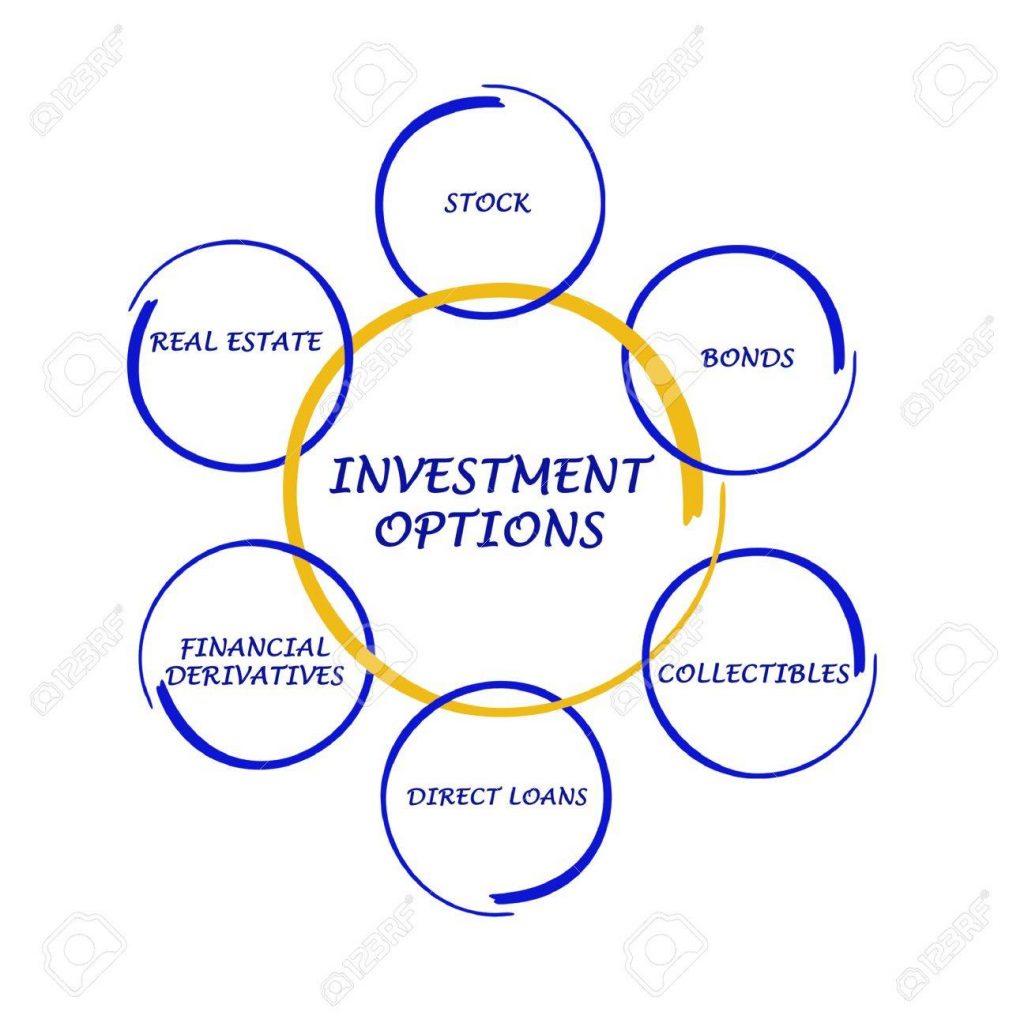The Different Types of Investment Options

Most investors in fixed deposits and options are familiar with the term ‘fixed’. The term, however, is confusing because the terms are often used interchangeably.
An investment is said to be fixed if it is fixed at a particular rate of return. It is important, however, that the investment is not affected by the economic cycle or other factors that can impact rates of return.
An option is an investment in an asset that is either an option or a right, but not a fixed investment. It is not, therefore, affected by economic cycles.
There are many different types of investments and options and each of them has their own characteristics. Here is a brief discussion of some of the most common investments and options.
Options are an investment that allows an investor to purchase or sell an underlying asset at an agreed upon price. Options can be called ‘put’call’. If the investor purchases a put option, the price of the underlying asset can be increased by the agreed upon price.
If an investor purchases a call option, the price of the underlying asset can be decreased by the agreed upon price. An investment is said to be a ‘put’ option if it gives the option holder the right to purchase a put option against a put option if the underlying asset falls below the agreed upon price, or a ‘call’ option if the price exceeds the agreed upon price. deposit} A fixed deposit is an investment that is held as a fixed quantity in a bank for a fixed period of time. The investor can borrow or make a loan to fund the deposit.
A variable deposit is an investment that allows an investor to invest on a more flexible schedule than is possible with a fixed deposit. The difference between a fixed deposit and a variable deposit is that an investor can borrow or make a loan for the same amount of time as a fixed deposit, but it also allows an investor to borrow or make a loan for a shorter or longer time period of time than that of a fixed deposit.
There are many types of investment and options available to the investor, and each has its own advantages and disadvantages. Understanding the differences between the different types of investment and options can help an investor make an informed decision about which investment is best suited for his or her individual needs.
